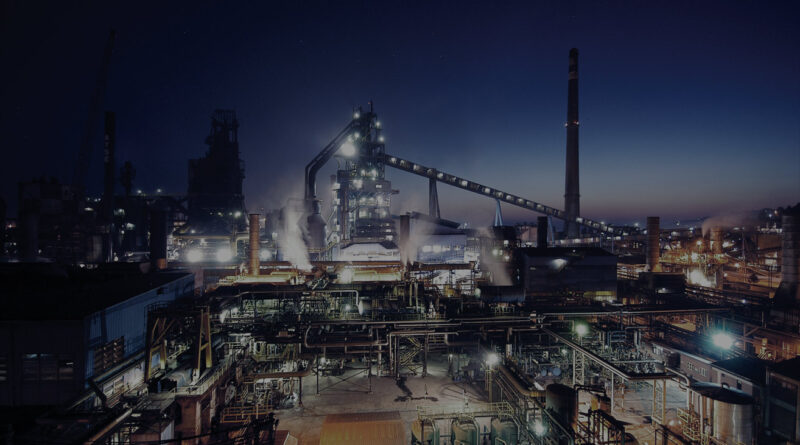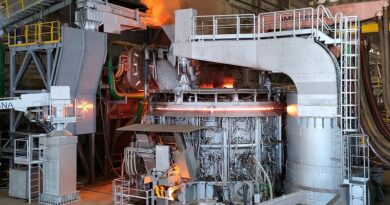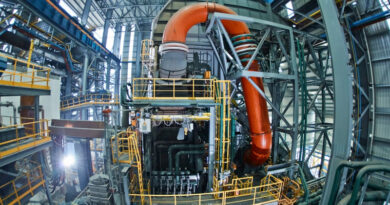AMSA planning feasibility study for two renewable energy projects
Vanderbijlpark – ArcelorMittal South Africa is embarking on a process to develop two 100MW renewable energy projects, planned for Gauteng and the Western Cape, subject to the outcome of a feasibility study, which should be finalised during 2023/2024. The two 100MW renewable energy plants are intended to supply existing facilities within ArcelorMittal South Africa, using available ArcelorMittal South Africa land.
The ArcelorMittal Group is strongly supporting the proposed renewable energy projects in line with its carbon intensity reduction targets.
ArcelorMittal South Africa has been taking steps to continually improve its reporting and is pleased to advise that it has, for the first time this year, published a separate ESG Report, which contains greater detail on its ESG performance. The company has confirmed in the ESG Report that it will publish its decarbonisation roadmap by the third quarter of 2022 and has stated its ambitions regarding the reduction of carbon emissions. Lowering ArcelorMittal South Africa’s carbon intensity will include ramping up the use of renewable energy.
“This is an important step in our decarbonisation journey and takes advantage of the changes to legislation announced by the South African government last year, which allow private investors to build their own power plants with up to 100 megawatts of generating capacity without requiring a license,” says Kobus Verster, Chief Executive Officer of ArcelorMittal South Africa. “Our path to renewable energy is now well underway.”
The alternative energy source will also offer more energy security by enabling the ArcelorMittal South Africa plants to be less dependent on costly electricity supply from the national grid which has significantly impacted business performance in recent years.
ArcelorMittal South Africa will be advancing to the next stage with several pre-qualified experts to start and complete the development. Based on current information, the company expects to benefit from the projects by early 2025, although this could change as the feasibility study reveals more.




